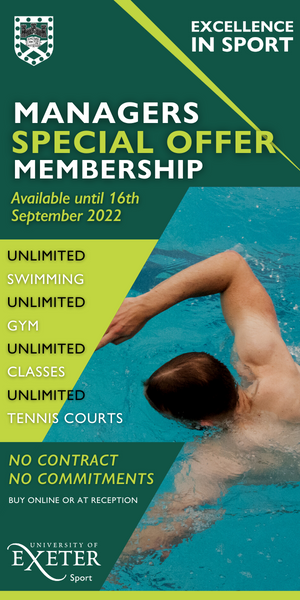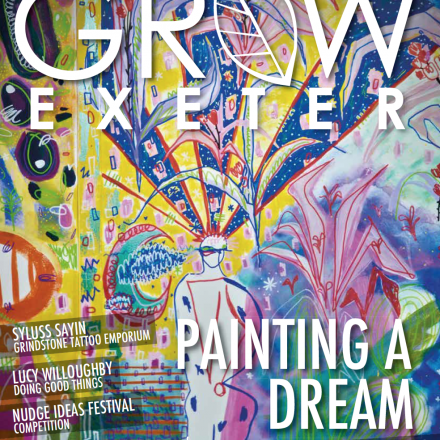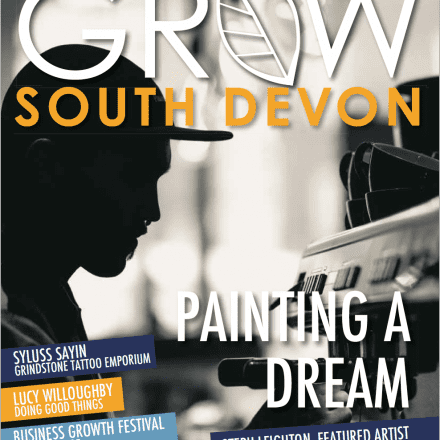
Relationships and Sex Education (without the awkwardness)
Written by Stella Nicholls
Images provided by PJ Livett
Many of us have been in a classroom, youth group or even a family setting and been subjected to an awkward adult grappling to talk about S-E-X; or (perhaps worse) have been that awkward adult. It’s enough to make your toes curl and, let’s be honest, no one really wants to make a room collectively squirm.
As healthy relationships are one of the foundations of a healthy society, it stands to reason that we need to learn to be more matter of fact about these things. Enter PJ Livett, the founder and owner of rePHRASE (SouthWest) who is in the business of taking the awkwardness out of the discussion. And as she puts it,
‘Young people are growing-up in a sexualised society whether we like it or not, we need to help them safely navigate the challenges and talk about sexual health and how to build and maintain healthy relationships.’
In a world where websites such as Everyone’s Invited exist, where rape and sexual harassment survivors are invited to share their testimonies (which they have in the thousands) the time to pull up the blinds and shed light, is now. So, how do we educate our young people as to what, exactly, a healthy relationship is?
PJ is passionate about the answer. It’s about educating young people in such a practical and engaging way that they feel open to communicating. It’s giving them information to enable a clear understanding and with it, the autonomy to decide for themselves. It’s empowering young people to make choices based on knowledge. It’s enabling them to differentiate between a red flag moment and a romantic one. To completely understand what consent is and isn’t.
Before we delve a little deeper, let’s go back to the beginning. PJ Livett was just 14 Years old when she realised that she wanted to work in the field of relationships and sex education. Naturally, she declared this to her family who were very supportive.
She recalled, ‘I distinctly remember one parents’ evening when the teacher sitting opposite us, looking very pale and anxious, leant across the desk and whispered to my parents, “You do realise your daughter wants to be a sexual therapist?” at which point they responded… “Yes, it’s great, isn’t it?!”’.
Despite shocked looks and hearing the phrase ‘You want to be a what?!’ on more than one occasion, PJ, comfortable with her choice of career, went on to do a psychology degree. She thought that she’d work in the field of sexual therapy as had always been the plan. It was further down the line, having worked with youth, that she had a lightbulb moment and thought, ‘This is where I need to be investing’. Rather than focus on people where things had already broken down, she wanted to reach people earlier, to educate them before they made relationship choices. She said, ‘If we invest in young people now, they’ll have a greater chance of recognising and experiencing healthy relationships in the future’. Knowledge is power.
After doing lots of voluntary work with charities and organisations supporting relationships, PJ qualified as an RSE educator and ended up working in the field of neurodiversity.
The beginning of 2021 was when it all began to take shape and she founded her business rePHRASE. The Purpose, to provide relationship and sex education to a wider variety of organisations and settings (youth organisations, youth groups, schools, parents and 121s). The name works on several levels. RePHRASE is mnemonic for ‘Providing Healthy Relationships And Sex Education’. It also follows its more literal meaning of rephrasing the RSE conversation from the traditional - focussing on risks, reproduction and disease – to the much wider spectrum of healthy relationships, consent, self-esteem, impact of porn on relationships and naked picture sharing etc.
PJ said, ‘We need to change the conversation and create opportunities where young people are able to talk about this stuff without any judgement or embarrassment.’
When interacting with young people, PJ includes work around self-esteem. Fundamentally, if we have healthy self-esteem, we’re more likely to make better choices for ourselves and our relationships. Activities such as identifying the qualities found in healthy relationships and asking ‘What would you want in your ideal relationship?’ are just some of the elements involved in the interactive sessions.
It’s also about empowering young people to make informed decisions that are right for their values and beliefs. Sex is everywhere, regardless of who we are, what we believe or think about it. Young people deserve an environment where it becomes more normal to talk openly about it.
PJ said, ‘If we don’t create the space to explore these topics accurately and safely, young people will continue to turn to porn, or their peers for knowledge or advice, (consequently receiving inaccurate and distorted views of relationships and sex) and creating pressure for all involved.’
PJ offers bespoke RSE sessions meeting the specific requirements of the organisation/client. During some recent youth work, she said, ‘It was great, the teens felt free to ask questions and engage in activities that helped them really explore the topic.’ She went on to describe how they had fun, laughed a lot and it was lovely to see that they felt safe enough to openly communicate.
PJ emphasised that it’s not about scaremongering, it’s about enabling young people to become critical thinkers. Questioning things, educating and allowing them to make up their own, well-informed, minds.
It’s also about helping young people to recognise what ‘red flags’ look like. What is healthy and what is abusive in a relationship. PJ said, ‘We need to talk about what an abusive relationship actually is rather than terming it ‘unhealthy’ because ‘unhealthy’ is misleading. We eat unhealthy food every now and then and we’re fine, but it’s never fine or OK to be in an abusive relationship.’
She encourages young people to explore their aspirations; what they recognise to be good for them so that when they don’t see that, they can quickly make a decision to opt-out. Before it snowballs and they find themselves in too deep.
PJ has the knack of making anyone feel comfortable to talk openly about society’s more taboo topics. She said, ‘It’s a known fact that many parents and teachers don’t like talking about this subject. A lack of confidence, knowledge and the dreaded “death by PowerPoint” can all negatively impact young people’s learning about relationships and sex’.
She continued, ‘If you’ve got to deliver this as part of your curriculum, or you work with young people and REALLY don’t want to say ‘those’ words, you don’t have to suffer through it. Let someone else who loves doing it, do it, think of me as the ‘paracetamol to your pain’! The learning outcome is often better when you’ve got a relaxed educator in the room so why not give young people a space where they can learn about relationships and sex, without the awkwardness?’
If you’d like to get in touch or find out more, pop onto rephrasesw.co.uk or call 07535 941168 for a friendly chat.









